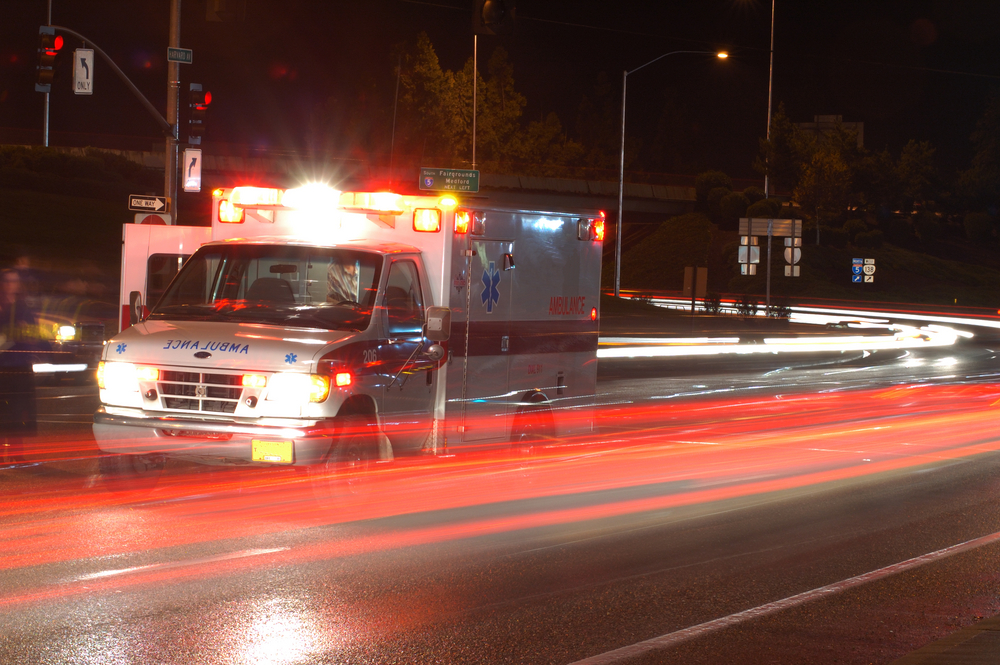
Over the course of a single day, nearly 50 residents in a section of Philadelphia suffered overdoses from what narcotics officers believe was tainted heroin, underscoring what law enforcement and city health officials regard as an epidemic caused by opioid drugs.
NBC Philadelphia reported that were no fatalities during the outbreak of overdoses on Nov. 17, though several individuals had to be revived by the opioid antagonist naloxone. Police requested laboratory tests to determine if the drugs that caused the overdoses were tainted with fentanyl or other synthetic analogues.
The area where the overdoses took place, which encompasses the Kensington neighborhood and parts of North Philadelphia, is known to residents as “The Badlands” for its high rate of crime including homicide, drug trafficking and gang activity. In May 2016, the section of the city made headlines in Philadelphia when the experimental painkiller W-18—the source of considerable hysteria in Canada and the United States—was allegedly found within its borders.
Though fentanyl has yet to be determined as the cause of the overdoses, the synthetic painkiller is responsible for a tidal wave of overdoses that city health officials say has risen 636% since last year. In 2015, 184 people died as a result of fentanyl overdose, a number seven times higher than statistics taken in 2013, when only 25 fatalities were recorded. Philadelphia also has some of the cheapest and most potent heroin in the nation, with a level of purity estimated between 80 and 90%, according to NBC.
Ultimately, drug overdoses became the leading cause of death in Philadelphia, claiming 700 people in 2015 alone and contributing to national statistics that estimate nearly a thousand people dying from drug overdose per week in America.
“If we had ISIS terrorists roaming the streets, killing a thousand Americans a week, [or] ebola or some exotic disease, we wouldn’t tolerate it for a minute,” said Gary Tennis, Secretary of the Pennsylvania Department of Drug and Alcohol Programs. “But because of the stigma around this disease, we continue with policies federally, state and local, that are fundamentally inhumane.”
The 2016 death toll appears to continue to rise unabated; by the first four months of this year, 99 people had already died from fentanyl overdose in Philadelphia.
